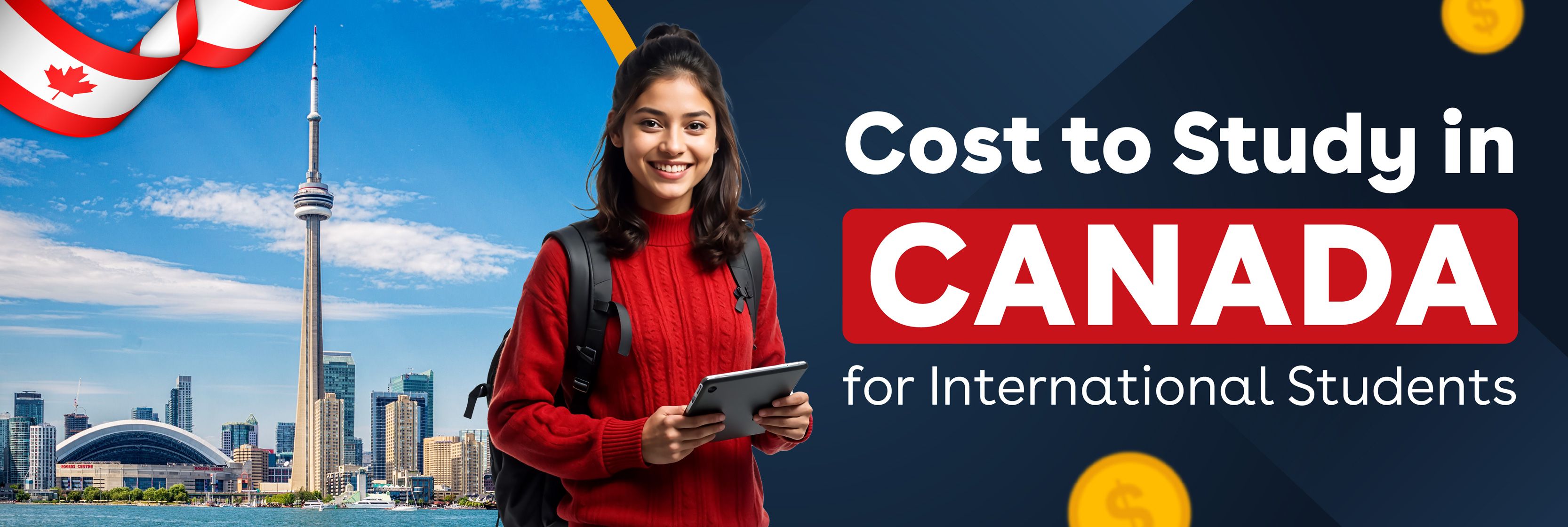Canada is among the most popular study destinations in the world for international students who wish to study abroad. In comparison to other big countries the cost of education and living is fairly affordable. It is one of the most liveable and safest countries with many top institutions offering best of the courses for international students to choose from.
The best part is that the cost of education might be on the lesser side as compared to other big countries. So, let’s check out the amount you will need for your higher education in Canada.
